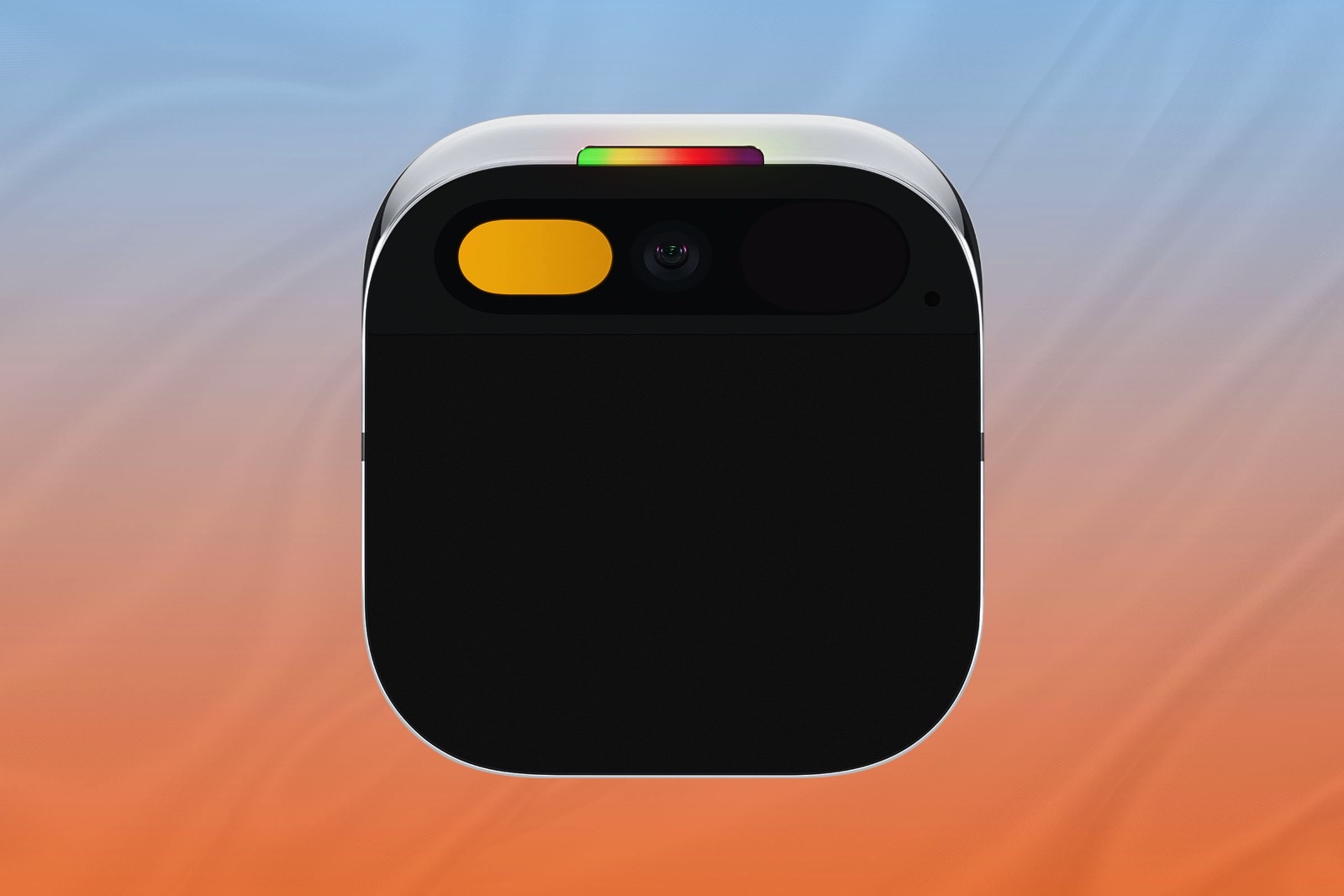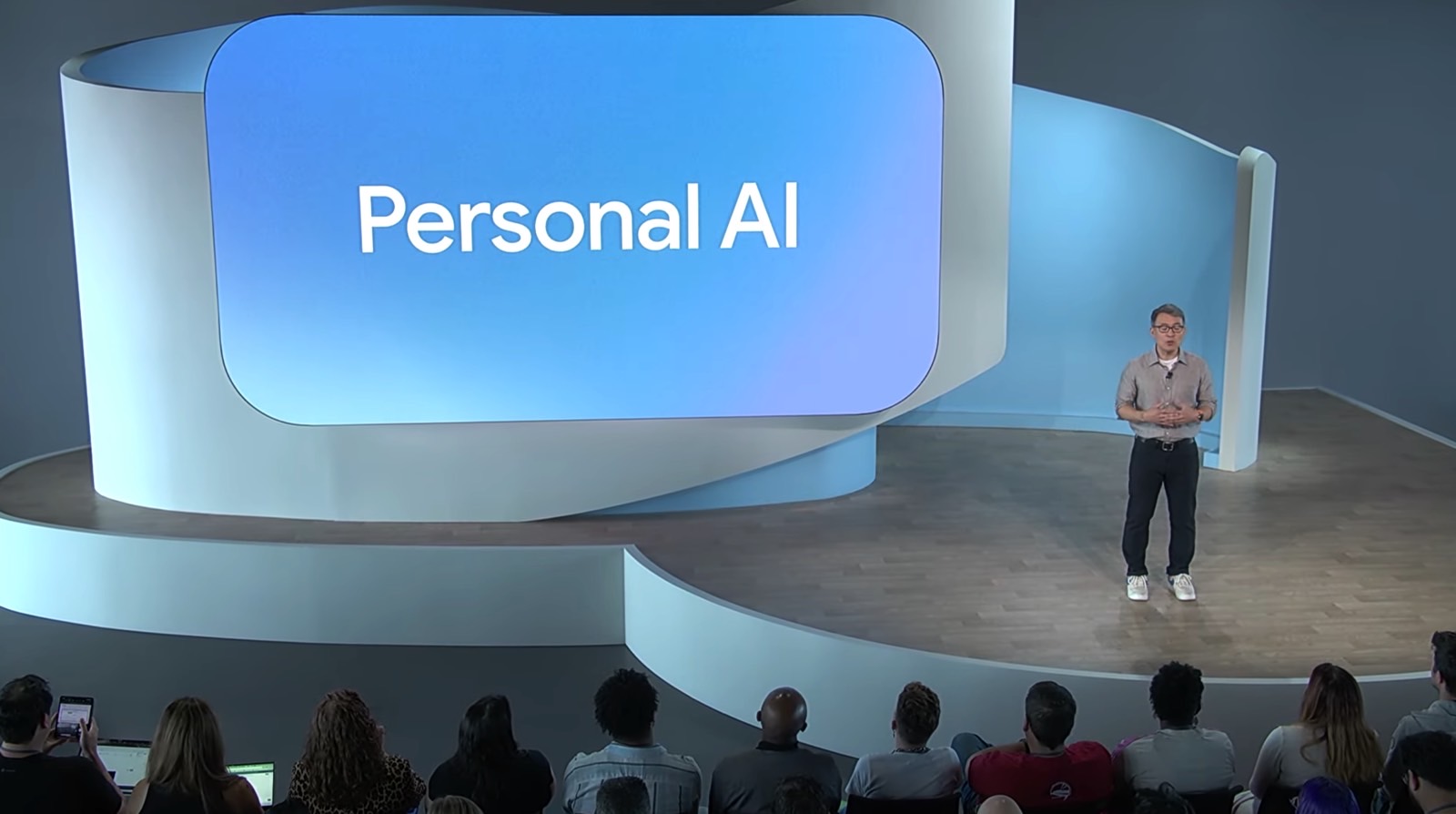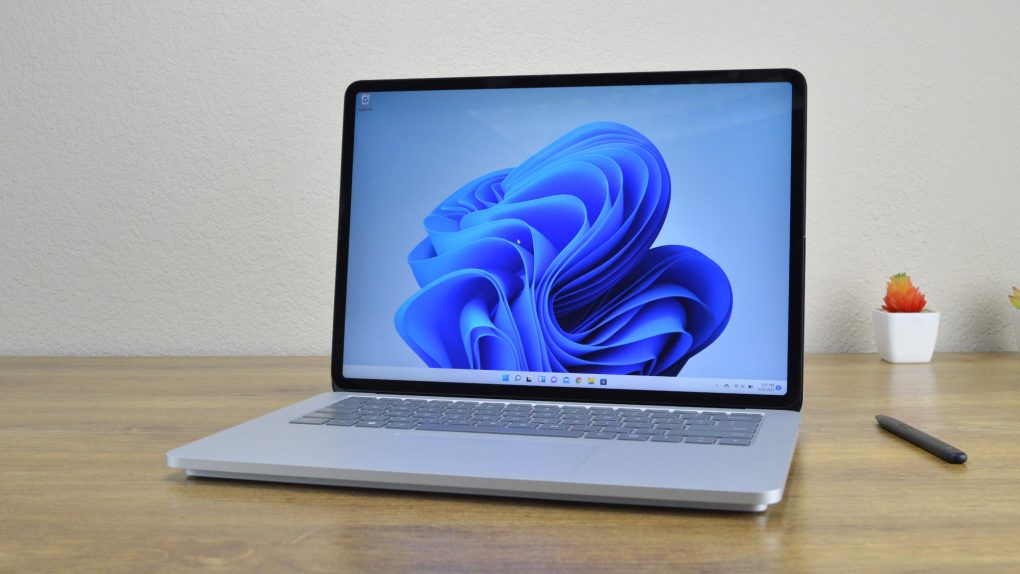If you want a new smartphone, you really only have two options: iPhone or Android. These are the only two mobile operating systems in development, including the Android forks that run non-Google versions of Android. Even Microsoft made Android phones years after ditching its Windows Mobile and Windows Phone platforms.
Since then, Microsoft has pivoted on software, and its apps can take over your mobile experience if you want them to. On top of that, Windows 11 comes with features that let you connect and manage your phone. So Microsoft solved that ecosystem problem as well.
But there’s one big reason Microsoft should consider making its own Windows smartphones again: ChatGPT.
Microsoft abandoned its $7.6 billion investment in Nokia in 2014 and then shut off its Windows Phone platform. It all happened under current CEO Satya Nadella. The exec just expressed his regret about the way Microsoft handled that exit under his watch. Here’s what he told Business Insider when asked whether he regretted any real strategic mistake or wrong decision:
The decision I think a lot of people talk about – and one of the most difficult decisions I made when I became CEO —was our exit of what I’ll call the mobile phone as defined then. In retrospect, I think there could have been ways we could have made it work by perhaps reinventing the category of computing between PCs, tablets, and phones.
The way Nadella phrased that answer is certainly interesting. And it ties directly into what we’re currently witnessing. ChatGPT is the herald of personal AI, and we’re just starting to witness it. Programs like ChatGPT will be built into all future smartphones and other devices.

The upcoming Humane Ai Pin is such an example. Open AI might be working on a ChatGPT device that doesn’t look like a smartphone with Jony Ive.
Google is positioned very well to transition to personal AI experiences. It makes its own hardware and software, and it has a large number of must-have mobile apps. Add Google Bard to it, and the Pixels of the future could be tremendous AI devices.
Apple is investing billions in bringing Apple GPT to the iPhone as soon as next year. Like Google, it has a very solid foundation. It’s even better at hardware than Google, and it develops its own mobile OS and apps.
Samsung might not control the underlying Android OS, but it will reportedly make a big deal about AI with the Galaxy S24’s arrival next year.

Before the dawn of personal AI, Microsoft didn’t have a smartphone problem. Windows is the main operating system on traditional computers, and Windows 11 is a big evolution compared to previous years.
Microsoft also runs a powerful suite of productivity apps optimized to work on any device. It seemed like the Office 365 suite would be enough for Microsoft to be present on the home screens of iPhones and Android devices without actually worrying about making Windows phones.
When ChatGPT arrived, Microsoft was at the forefront of that. It quickly brought Bing Chat out, which is available on iPhone and Android. And it started adding generative AI features to its Office apps and the Windows OS.
I said before that, as a longtime Mac user, I envy Windows 11’s Copilot. That’s Microsoft’s establishing its own personal AI experience that goes beyond answering prompts with information gathered from the web.
But fast-forward to Nadella’s comment above, and you realize that Microsoft has a personal AI problem. Microsoft AI might be available on iPhone and Android, but it won’t integrate with those devices as seamlessly as Copilot on Windows 11.

With all that in mind, I think that Microsoft should consider returning to the mobile business in earnest. As The Verge points out, Nadella is the third Microsoft CEO to regret not doing better in the mobile department. But I think he could be the first to succeed where Bill Gates and Steve Ballmer failed.
It’s not like Microsoft doesn’t have the resources and talent to pull it off, even if it’s starting from scratch. After all, this company spent nearly $69 billion (with a B) on buying Activision Blizzard. It could start making mobile devices that run a mobile version of Windows 11 instead of Android phones. Devices that could extend Microsoft’s personal AI features like Copilot to mobile experiences.








